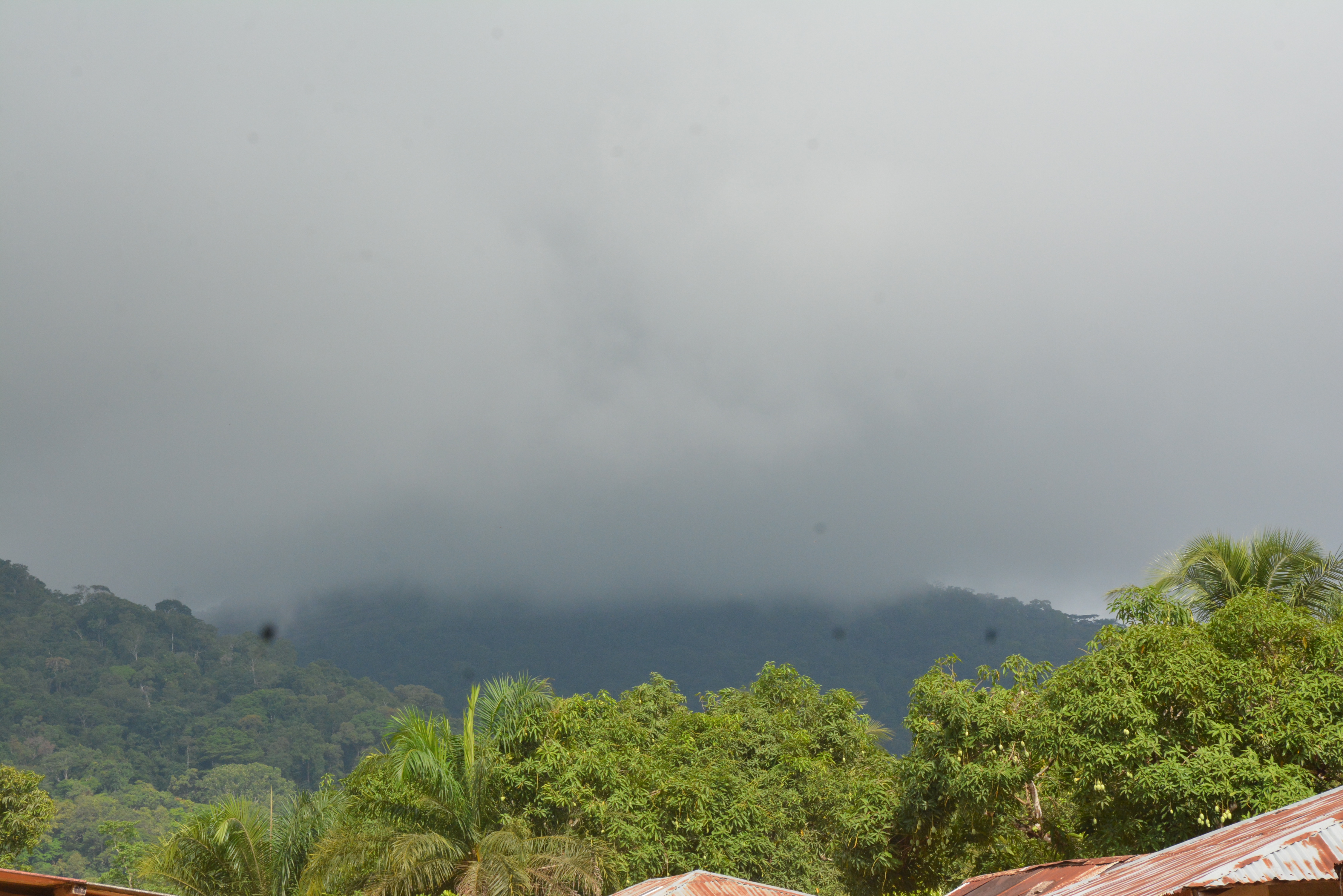OP-Ed - World Environment Day
June 4, 2024

Reforestation and Afforestation Initiatives: Liberia’s forests are vital to its ecological balance, carbon sequestration, and biodiversity. Initiatives to replant trees and restore forest landscapes will help reverse the damage caused by deforestation and create resilient ecosystems. This calls for the implementation of Liberia’s revised Nationally Determined Contributions of 2021 with a target to restore about 25% of priority degraded forest land by 2030.
Promoting Sustainable Agriculture: By implementing sustainable farming practices such as agroforestry, crop rotation, and organic farming, Liberia can improve soil health, enhance agricultural productivity, and reduce environmental impacts. Empowering farmers with knowledge and resources is essential for this transition which aligns with the National Adaptation Plan of Liberia (NAP 2020-2030).
Community Engagement and Education: Engaging local communities in land restoration projects ensures the sustainability of these efforts. Educational programs can raise awareness about the importance of land stewardship and empower communities to take proactive measures.
Strengthening Policy and Governance: Effective land restoration requires robust policies and governance structures. This includes enforcing regulations against illegal logging, providing incentives for sustainable land use, and integrating land restoration into national development plans in keeping with the National Environmental Action Plan of Liberia.

Achieving Liberia’s land restoration goals requires the active involvement of all stakeholders. Each sector—government, private industry, NGOs, community groups, and individuals—has a critical role to play.
The government needs to lead this initiative by implementing policies that promote sustainable land management. Collaboration with international partners will be essential to access expertise and resources for large-scale restoration projects across the country. The private sector can drive innovation and investment in sustainable practices through its investments and corporate social responsibility commitments to communities where they operate. By integrating sustainability into their operations and supporting environmental initiatives that contribute to land restoration, the private sector can be a key player in achieving sustainable development in Liberia.
Non-governmental organizations and community groups are at the forefront of grassroots action. Their efforts in conservation, education, and sustainable development are invaluable. Supporting these organizations will amplify their impact and ensure local solutions are prioritized. Every Liberian can contribute to land restoration. Simple actions, such as planting trees, conserving water, and advocating for sustainable practices, can collectively make a significant impact. Now is the time for all Liberians, friends, and partners of Liberians including women and youth, to take on the responsibility as stewards of the environment.

As we observe World Environment Day 2024, let us commit to national action “Our Land. Our Future.” Land restoration is not just about protecting our environment; it is about securing an inclusive and sustainable future. By working together—government, private sector, communities, and individuals—we can restore our lands, improve our livelihoods, and build a resilient future for Liberia.
Let us move forward with determination, unity, and hope. Together, with boys, men, women, girls, and persons with disability, we can revitalize our environment, restore our lands, and create a legacy of sustainability for generations to come.

 Locations
Locations

